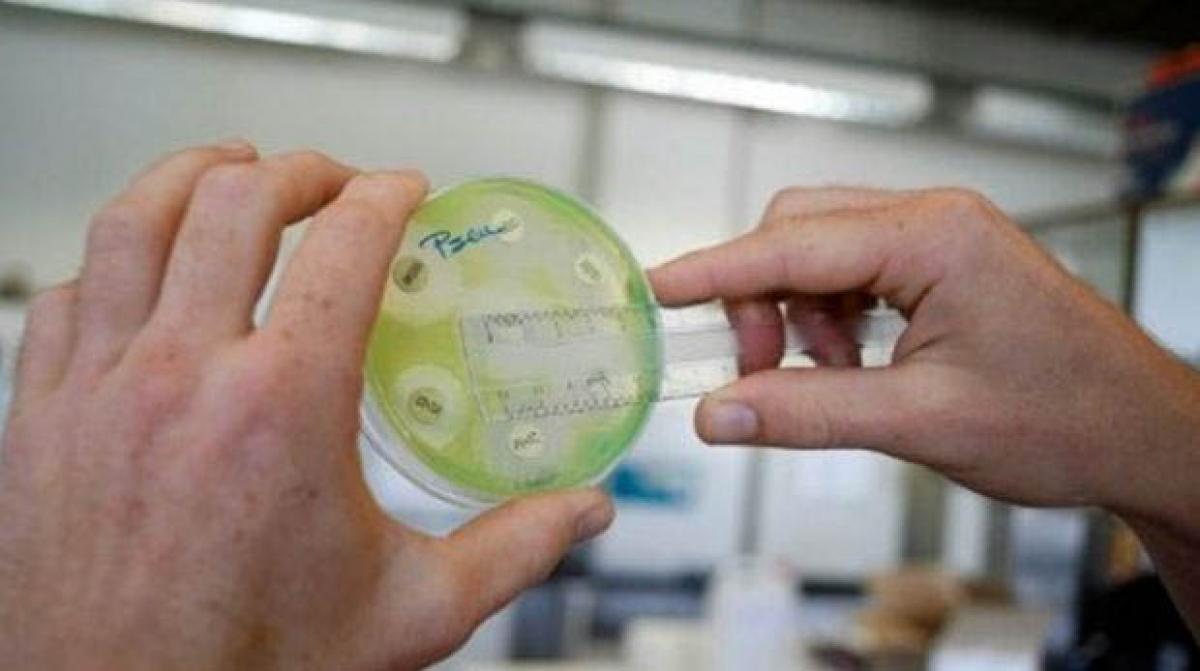Just In

x
Highlights
A gene that makes bacteria resistant to last-resort antibiotics has been found in Denmark, a new study has shown, after first being identified by researchers in China. Scientists had warned on November 19 of a gene -- found in southern China -- called MCR-1 that makes bacteria resistant to a class of antibiotics, known as polymyxins, used to fight superbugs.
A gene that makes bacteria resistant to last-resort antibiotics has been found in Denmark, a new study has shown, after first being identified by researchers in China. Scientists had warned on November 19 of a gene -- found in southern China -- called MCR-1 that makes bacteria resistant to a class of antibiotics, known as polymyxins, used to fight superbugs.

"Bacteria with the same resistance gene have now also been found in Denmark," the Technical University of Denmark said in a statement on the results of a study published late last week. Using a Danish database of bacterial DNA samples, the researchers found the gene in a patient who suffered from a blood infection in 2015, and in five samples of imported poultry from between 2012 and 2014.
The food had been imported "via Germany but if that is the origin we don't know yet", Professor Frank Moller Aarestrup, a microbiologist at the university, told AFP on Tuesday. The find was "very concerning", said Robert Forest of Statens Serum Insitut, a Ministry of Health institute tasked with surveying and controlling infectious diseases.
"But because the gene has only been found in one patient and the oldest finds in food date back to 2012, it's not a matter of an urgently critical situation," he said in a statement. In Denmark, the gene has so far only been found in bacteria that can be treated with other types of antibiotics. Scientists warned in November that the new superbugs could erase nearly a century of antibiotic protection against killer diseases borne by common germs such as E. coli.
The gene -- detected in common but deadly bacteria such as E. coli and K. pneumoniae, which causes pneumonia and blood disease -- effectively makes these bacteria invincible. "These are extremely worrying results," said Jian-Hua Liu, a professor at Southern Agricultural University in Guangzhou.

Next Story
More Stories
ADVERTISEMENT
© 2024 Hyderabad Media House Limited/The Hans India. All rights reserved. Powered by hocalwire.com







